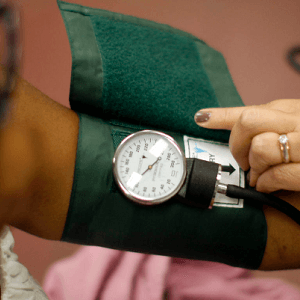A comprehensive analysis spanning five decades has uncovered persistent and deadly health disparities affecting Black children in the United States. The study, conducted by researchers at the University of Michigan, reveals that Black children are significantly more likely to die from preventable causes compared to their white peers. This disparity is attributed to systemic issues such as inadequate access to healthcare, socioeconomic challenges, and environmental factors.
The researchers emphasize that these disparities are not merely statistical anomalies but reflect deep-rooted inequities in the healthcare system. They point out that Black children face higher rates of asthma, obesity, and infant mortality, conditions that are often exacerbated by living in underserved communities with limited access to medical care and healthy food options.
The study also highlights the impact of social determinants of health, such as poverty and education, on the well-being of Black children. The researchers call for urgent policy changes to address these disparities, including increased funding for community health programs and initiatives aimed at improving living conditions in minority neighborhoods.
The findings underscore the need for a concerted effort to eliminate health disparities and ensure that all children, regardless of race, have the opportunity to thrive. By addressing the root causes of these inequities, policymakers and healthcare providers can work towards a future where every child has access to the care and resources they need to lead healthy lives.
See: “Decades of Data Show Deadly Gap for Black Children” (April 17, 2025)


